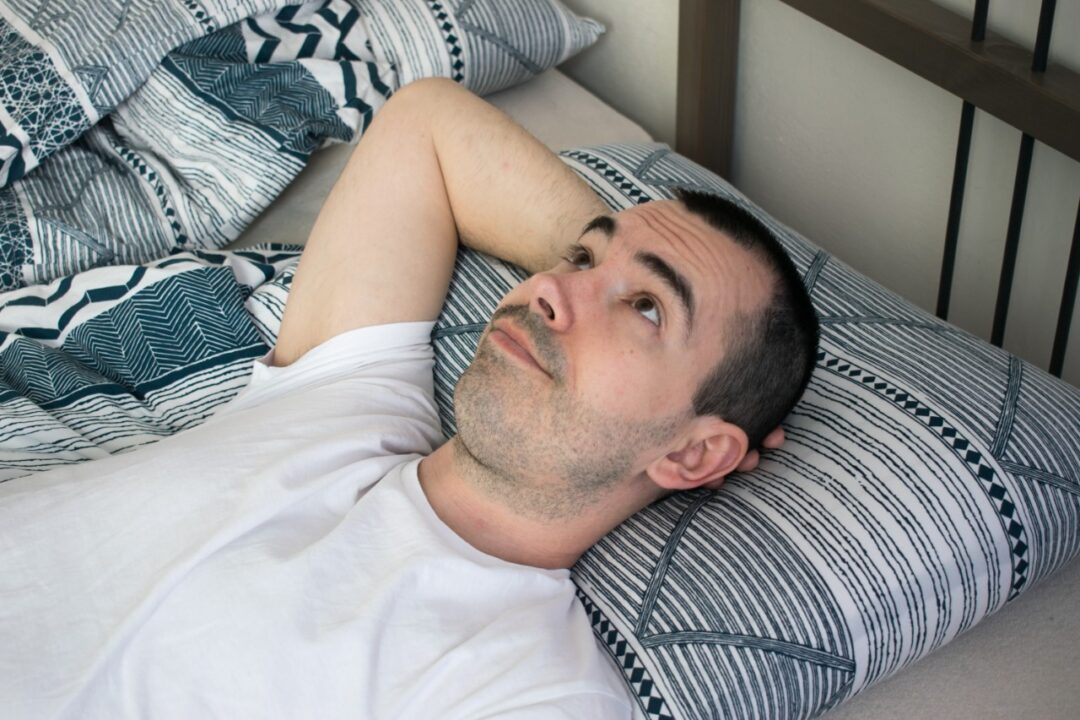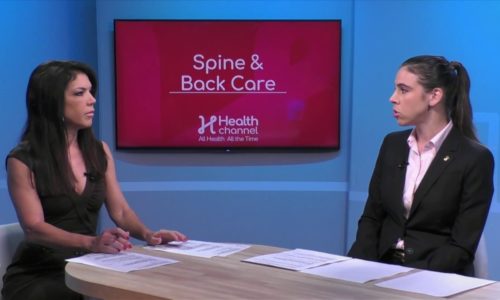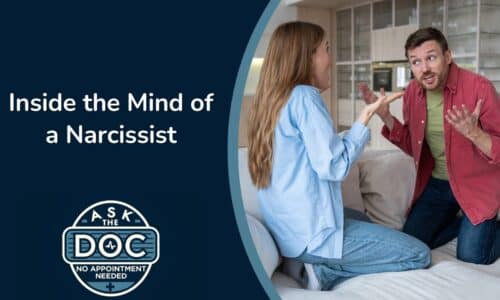How can I sleep better? |

Getting too little sleep, called sleep deficiency, can lead to some serious physical and mental health problems, and can also put you at higher risk for injuries, and even a higher risk of death. Sleep, just like breathing, eating, and drinking, is a basic human need. Sleep plays a very important role in your health and well-being for your entire lifetime.
Sleep deficiency is a common problem in the U.S., in all age groups, but the signs and symptoms of sleep deficiency can vary quite a bit in different age groups.
Adults with sleep deficiency will typically be tired or sleepy during the day, falling asleep when they shouldn’t. Adults may also have trouble focusing or reacting, and often feel more worried or anxious.
Children who are not getting enough sleep will often be overly active (hyperactive), and can have problems paying attention. They also can have significant behavioral problems. Children who are not getting enough sleep sometimes get diagnosed with ADD or ADHD (Attention Deficit Disorder/Hyperactivity), because the symptoms are the same. Sometimes they just need more sleep!
Let’s talk first about the normal sleep cycles and how sleep works.
Types of Sleep
There are two basic types of sleep; REM (rapid eye movement) and non-REM. Non-REM includes 4 different stages of sleep including slow wave or deep sleep. REM sleep is the stage of sleep during which you dream. If you are getting enough sleep, you should cycle between REM and non-REM sleep about 4-5 times during the night.
What Makes You Sleep?
An important part of your sleep is your internal body clock, which is called the circadian rhythm. This internal clock follows a 24 hour repeating cycle. This cycle affects everything in your body, including all of the things that control your sleep.
Your circadian rhythm changes depending on your age. For instance, teens have a different peak time for melatonin production, which is later in the evening than adults or younger children. This explains why your teenager likes to stay up late at night and sleep later in the morning! Younger children tend to sleep more in the early evening. Adults usually get sleepy earlier in the evening and get up earlier.
There are three things that typically make you sleep. The first is adenosine, which is a chemical that acts on nerve cells in the brain. The level of adenosine builds up in your brain throughout the day. Once the levels of adenosine in the brain get to a certain level, this signals your body to shift toward sleep. While you are sleeping, your body breaks down adenosine. The next day, the same cycle starts again.
The second is related to the way in which light and dark affect the circadian cycle of your body. As the light wanes in the evenings, this triggers your body to release melatonin, which signals your body that it is time to sleep. As the light starts to return in the morning, the light sends signals through your eyes to your brain which help you to wake up. The light also signals your body to release a hormone called cortisol which prepares your body to wake up. Lastly, the light also stops the release of melatonin. This is why it is so much harder to wake up when it is still dark in the early morning.
The third is exercise. Studies show that exercise significantly improves sleep, even in people with chronic insomnia. The exact mechanisms through which exercise improves sleep are not well understood, but we have some ideas. Exercise triggers changes in your body temperature, and that heating up then cooling down may be part of the explanation. We know that exercise causes changes in the chemical levels in your brain, improving the balance of chemicals that affect anxiety, depression, and arousal from sleep. Exercise also can help to keep your circadian rhythm on the right 24 hour cycle.
Sleep and how it affects our lives is a really big topic, which we can’t cover in one Health Tip. Now that you understand the basics of sleep, next article we’ll talk more about why sleep is so important and how much sleep you really need.
If you have any more questions just Ask Hanna, our health advisors are here to help.
Image: ©Shutterstock / metodej








